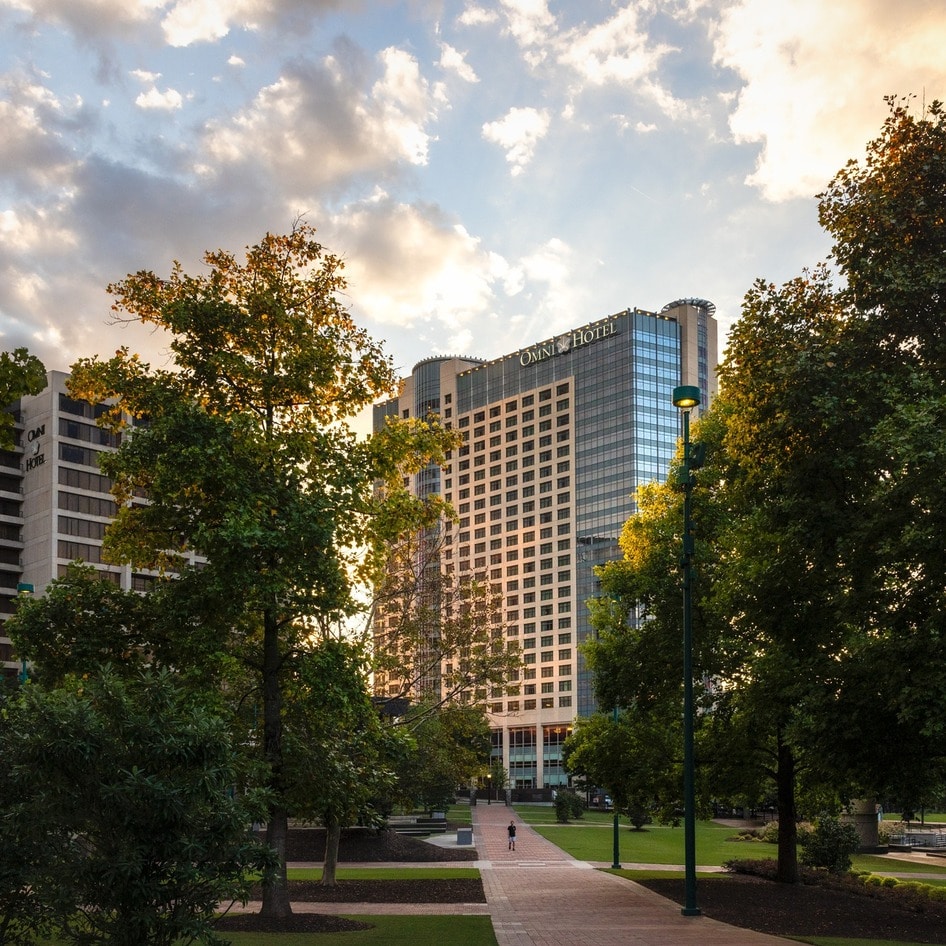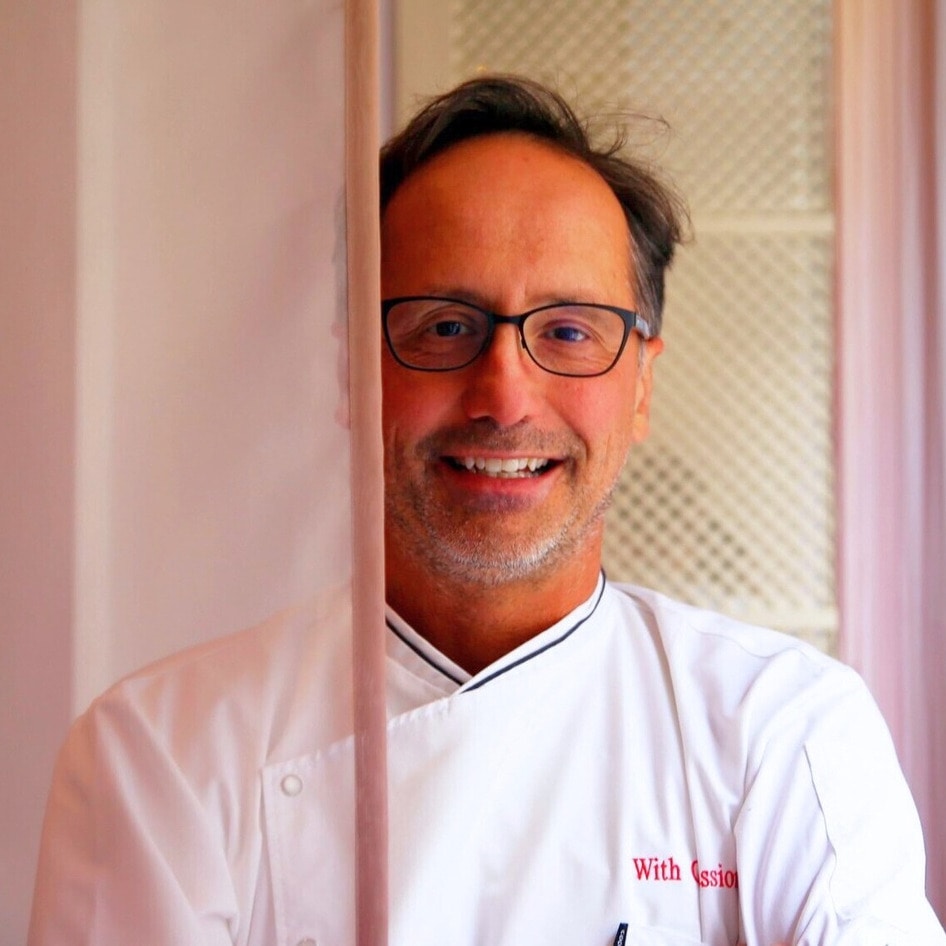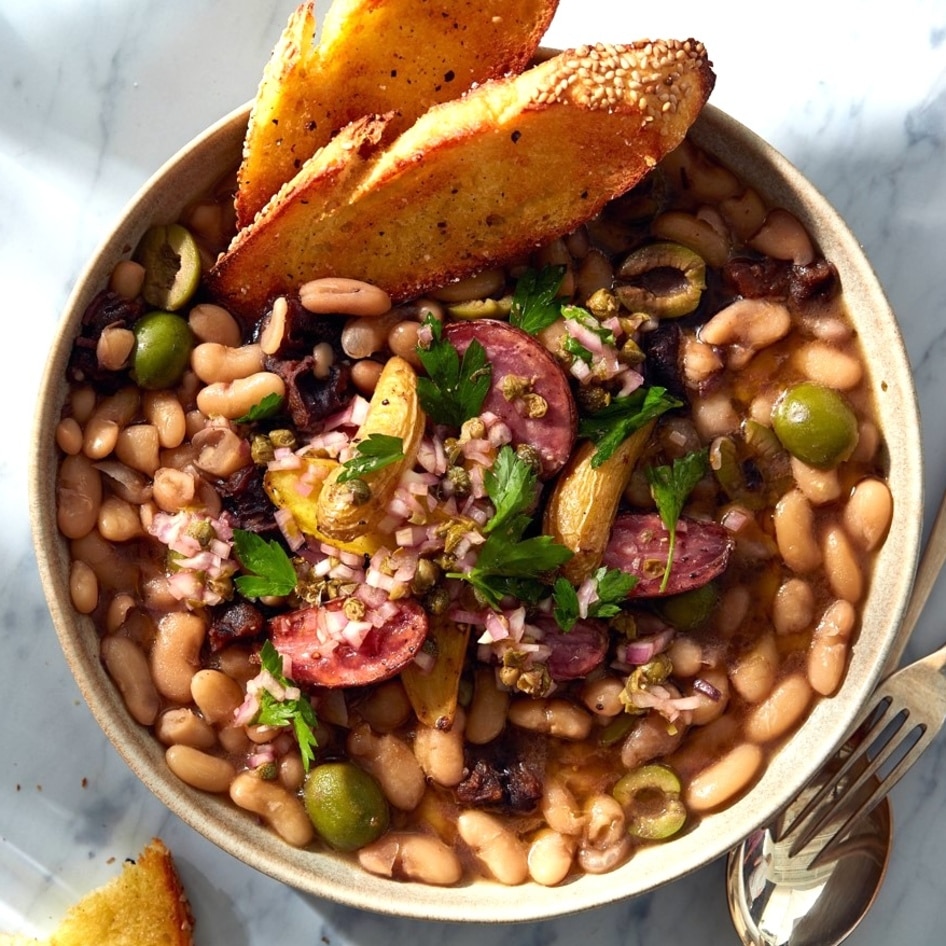San Francisco’s Ban on Foie Gras
California already passed a foie-gras ban, but San Francisco’s taking it one step further.
April 4, 2009
Back in September 2004, Governor Schwarzenegger signed into law a bill that bans the production and sale of foie gras in California, which will take effect in 2012, making the Golden State the first to enact such a ban. In typical San Franciscan style, District 5 Supervisor Ross Mirkarimi added to the already-victorious bill by putting forth legislation that would applaud restaurants that voluntarily remove the “delicacy” from their menus before the phase-out deadline. Shortly before the resolution was unanimously approved on March 24, there was a little local squawking about whether or not Mayor Gavin Newsom would favor the move, since restaurants owned by PlumpJack Group—of which he is the founder and sister Hilary is the president—were still serving foie gras. Thankfully, in a decision lauded by organizations such as The Humane Society of the United States, the PlumpJack Group has decided to forego the foie gras.
Of course, the fewer restaurants serving foie gras, the fewer ducks and geese will suffer the force-feeding methods used to overextend their livers. Mark Caro, the Chicago Tribune entertainment reporter who brought nationwide attention to the issue of foie gras by reporting that chef Charlie Trotter was taking it off his menus, recently released his first book, The Foie Gras Wars. In researching the book, Caro spoke not only with chefs on both sides of the foie-gras fence, but with producers of foie gras, as well as animal activists, including Gene Baur of Farm Sanctuary.
On his predictions of the 2012 ban going into effect, Caro says, “I wouldn’t be surprised to see another foie-gras battle erupt in California as supporters of the product try to get the ban repealed before it takes effect; the San Francisco resolution could be read as a preemptive strike against such a move. If the ban does take effect as scheduled, the country will lose one of its three foie-gras farms with national distribution, Sonoma Foie Gras, as well as a huge market for its consumption, California. The publicity over the ban also might put heat on the remaining foie-gras producers and give momentum to those who would ban foie gras elsewhere.”
Caro raises the point that anyone who eats animal products is complicit in a certain degree of animal suffering, regardless of whether that animal is an egg-laying chicken confined in a battery cage, a cow separated from her newborn calf for her milk, or a duck who is routinely force-fed. He says, “There seems to be a growing gray area as people try to weigh foie-gras production against that of foods they eat every day without thinking about [the animals]. I think such overall consciousness is increasing, and the impact ultimately will be farther reaching than how people feel about fat duck livers.” Animal activists can hope that Caro is right, and that once more consumers become aware of the inherent cruelty of consuming animal-derived products, they’ll also choose a veg lifestyle.
JUMP TO ... Latest News | Recipes | Guides | Health | Subscribe







